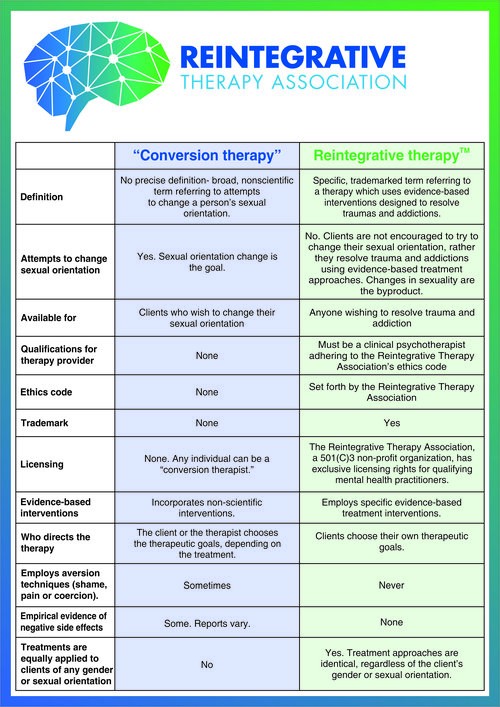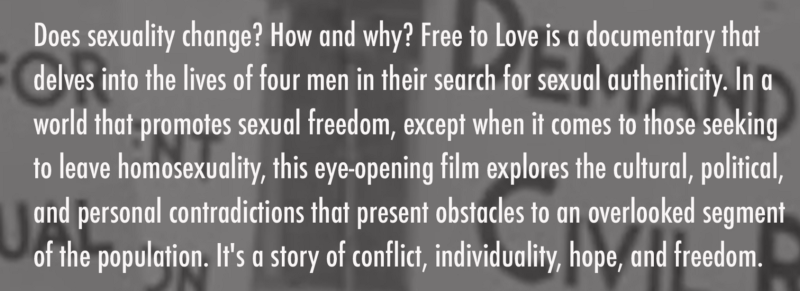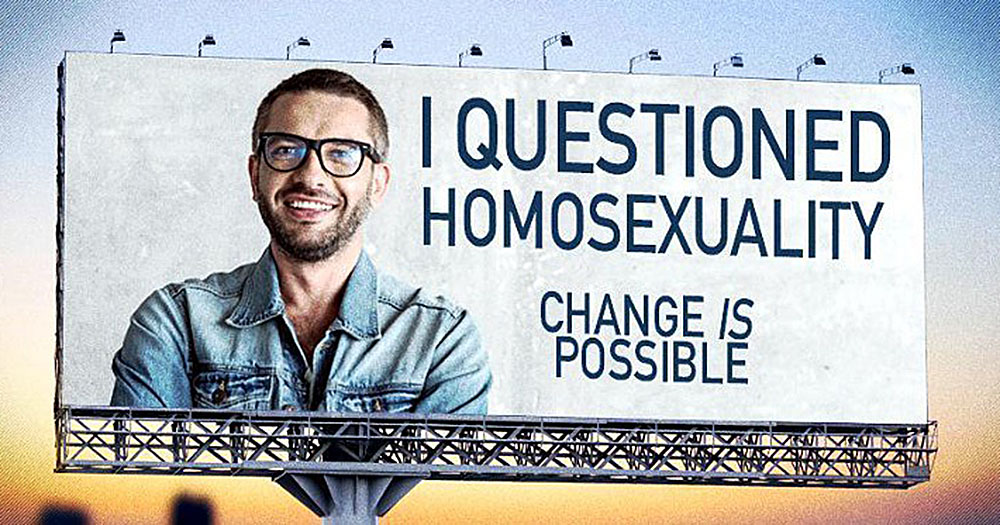For the past two weeks, I have been elbow deep conversion therapy research, specifically legislation banning it around the world, and the opposition to such bans as part of my role in OutRight Action International. I will not rehash the many studies that show that conversion therapy (CT) is profounding detrimental to a person’s wellbeing; it has been rejected by every major psychologist organisation worldwide. Nevertheless, it is banned in only very few places – Malta, Ecuador, China, Brazil, parts of Spain, a few others – but in all these places CT still occurs.
This is partly because of the ever-evolving dynamics of what is thought of as CT, and how those who provide CT remarket and rebrand it. The camps where young lesbian and bi women are “correctively raped,” the electroshock, the torture — these are condemned by the vast majority of people. But then there is the much more elusive, and insidious type which I’ll dub CT lite.
Conversion Therapy bans and rebranding
The tactics of CT lite providers are extremely clever. The first step is, of course, to rid yourself of the bad publicity; it’s no longer conversion therapy — no no no, of course, conversion therapy is a term made by the liberal left to vilify these well-meaning people.
To quote from Christian Concern “The term ‘conversion therapy’ was invented by gay activists in order to disparage all types of therapy whose outcome involved a diminution of same-sex attraction and behaviour.”
CT has undergone many rebrandings. It’s now Reintegrative Therapy, Reparative Therapy, or efforts to change SSA (same-sex attraction, always used in the context of “unwanted” same-sex attraction). There are even ones invoking genuine mental health strategies like SAFE-T (Sexual Attraction Fluidity Exploration in Therapy). They have graphics to explain the difference to us:

People Who Seek To Be Changed
It is easy to dislike those who have undergone CT and are now “ex-gay,” but let’s exercise some empathy. Who are these people? Why did they go, often uncoerced, into such a programme? First of all many of them are conservative and religious and of course, have been, or fear being, rejected by their families. They are isolated and alone.
It’s easy to think that these people never found their queer community. This, however, is not true; many of them did, and had sex and went to parties and they still needed to be changed. The scene may not be palatable for a conservative person. Where is there teetotal, chaste gay community? Does that exist? The issue seems to be the inability these men have to unlink gayness with everything they stand against; promiscuity, alcohol, drugs, atheism.
The ideal is obviously that they would address their internalised homophobia in legitimate therapy. Easier said than done. Proper, affordable mental health care is lacking almost everywhere, while many CT programmes are free as they are funded by churches or deep conservative pockets. Many say without the CT and their new straight lives they would be dead at their own hand. And I believe them.
The Language of the Left
One of the smartest tactics of the right is to use the language of the left in its arguments. I’ve learned much about this tactic from ED of OutRight, Jessica Stern. In this instance, they are using the concept that sexuality is fluid, and therefore can be changed. So when we say sexuality is fluid, they say yes it is, so be straight!
A movie “documentary” promoting CT is even called Free to Love, echoing the slogans for marriage equality.

Knowing that LGBT+ activists speak about self-determination, autonomy, self-declaration, they also use this language to protest CT bans. As a bisexual person, I live by the golden rule of never questioning someone’s identity. If a man is married to a woman and identifies as bisexual, I take him at his word. The same must apply here for the ex-gay (mainly) men who now proclaim themselves straight. I believe them. I wish they had different options, but ridiculing them, as opposed to the people behind the practice, is a misguided endeavour. I have seen queer publications report that these ex-gay men still have feelings for men, in a sneering way, and it’s not OK.
Personal Choice & Freedom
The most successful argument these groups use to shut down CT bans is around personal choice and freedom. Irish Senator Ronan Mullen has made such a statement. “We think people should have the freedom to pursue their own goals in therapy, and therapists should be free to assist them,” said Peter Sprigg, a senior fellow at the Family Research Council — seems reasonable,until you read the Family Research Council website which says “ homosexual conduct is harmful to the persons who engage in it and to society at large…Sympathy must be extended to those who struggle with unwanted same-sex attractions, and every effort should be made to assist such persons.”
While most people will agree that extreme cases of CT with physical torture are abhorrent, what happens within reintegration therapy, or reparative therapy that we can point to and say that specifically should be banned?
I don’t know if we can ever fully stop, ban or outlaw such efforts, especially given the protection most religious organisations have to promote whatever viewpoint they want. Nonetheless, comprehensive bans are needed to stop blatantly dangerous CT practices. And while I may hold an opinion that all CT practices are dangerous, I can’t stop someone talking about fluid sexuality and apparent (uncorroborated) joys of heterosexual life.
So, besides legal bans on conversion therapy, what can we do? We can make sure support groups for people coming out are open and accessible to people from fundamental religious backgrounds. That we provide alcohol-free spaces for LGBT socialising. Most importantly, we can make sure schools are accepting of their LGBT staff and students, and do what we can to reduce bullying and isolation. Then slowly we can change the internal dialogue a young LGBT person has about themselves, and hopefully erode the customer base for CT.
© 2019 GCN (Gay Community News). All rights reserved.
Support GCN
GCN is a free, vital resource for Ireland’s LGBTQ+ community since 1988.
GCN is a trading name of National LGBT Federation CLG, a registered charity - Charity Number: 20034580.
GCN relies on the generous support of the community and allies to sustain the crucial work that we do. Producing GCN is costly, and, in an industry which has been hugely impacted by rising costs, we need your support to help sustain and grow this vital resource.
Supporting GCN for as little as €1.99 per month will help us continue our work as Ireland’s free, independent LGBTQ+ media.
